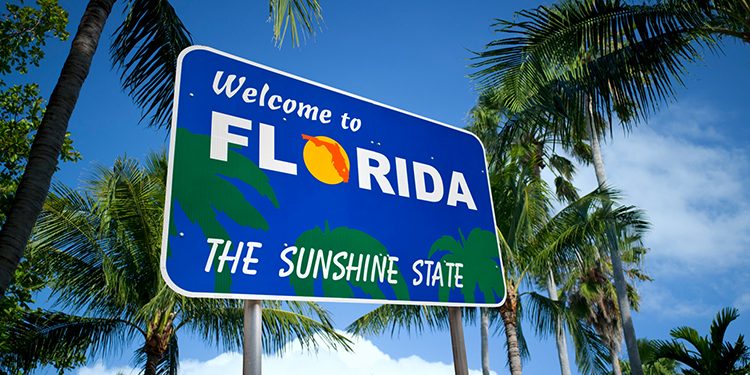Two new initiatives strengthen upswing of solar in Florida
Solar energy is increasingly popular in Florida. Now the road is paved for further success with two new initiatives concerning co-ops and PACE.
Solar energy has been gaining ground in Florida for the past years – after all, the state’s nickname is “Sunshine State“. Although half of the state’s population voted for the new American president Donald J. Trump, who clearly denies the existence of global warming and downgrades the importance of renewable energies, the solar market is growing, and two new initiatives will now help solar expand properly into the area.
Industry benefits from passage of Amendment 4 and refusal of Amendment 1
The two new initiatives could strengthen solar’s upswing, which started unfolding last year after the passage of Amendment 4 and the defeat of Amendment 1.
Amendment 4, which is currently being implemented, excludes solar from being considered when property taxes on businesses are assessed. Amendment 1 was a proposal intending to keep Florida’s solar development in the hands of the state’s powerful utilities.
Two new co-ops will create new capacities in Broward area
The Florida League of Women Voters has worked with Florida Solar United Neighborhoods (Florida SUN) and created two new solar co-ops in the East and West Broward Counties. A co-op is comparable to a community solar project. An installation is built and shared by everyone as homeowners buy parts of the array to generate power for their households. The two new co-ops will meet in early March to share vital information with their potential co-op members. Meanwhile, local installers have already received RFPs (requests for proposals).
Second initiative asks to support PACE
The second promising initiative addresses Florida residents, who are actively encouraged to inform their executives about the advantages of PACE (property-assessed clean energy). PACE is a program that gives homeowners the chance of covering the costs for their new solar installations over a longer period of time, as part of their property taxes. The program helps those who cannot afford the – often high – up-front costs of the system and encourages them to still go solar. PACE was launched in 2010 and is currently being implemented by 22 communities, with approximately 5.000 homeowners benefitting from it.





